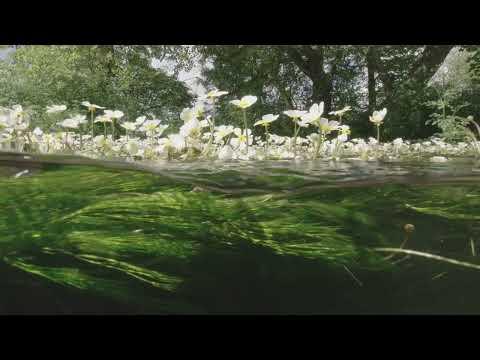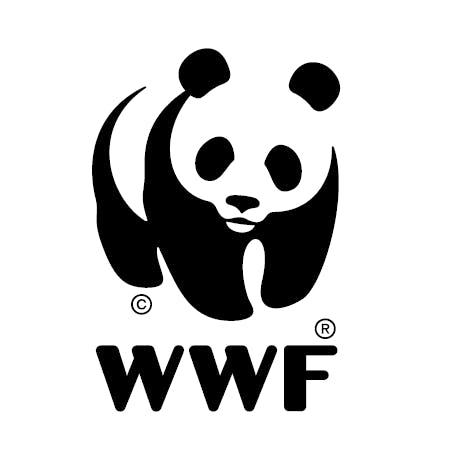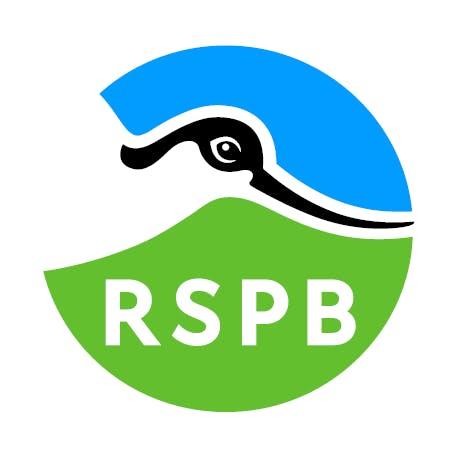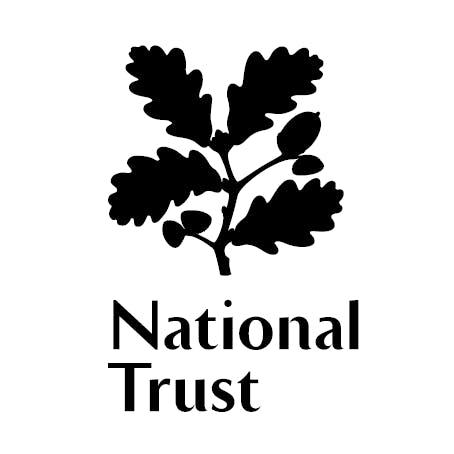Freshwater
Fewer than half of the UK’s rivers and lakes are in good health.
Our rivers, streams, lakes and wetlands are home to countless species and are needed by even more including the human population. But they’re in trouble and every drop of water needs protection, for wildlife and for our sake too.
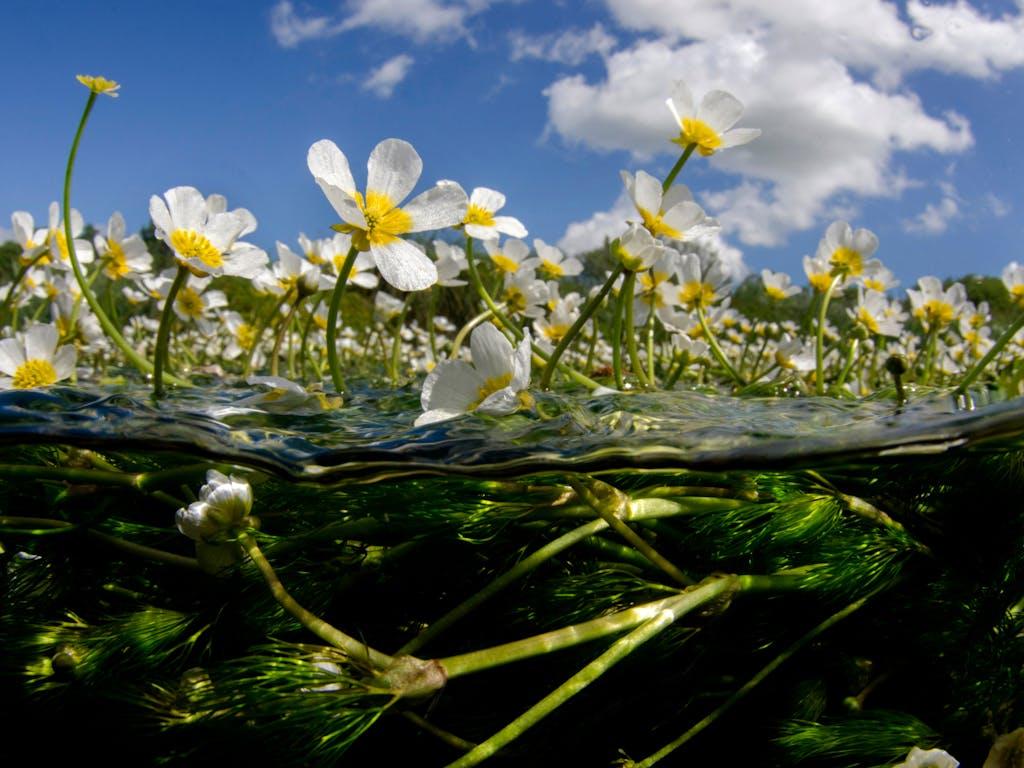

Trickle effect
Fresh water is the lifeblood of our wild isles. It’s a powerful force that has shaped our landscapes and provides food and creates a habitat for the insects, birds and mammals that live in and around it. Some sources are irreplaceable; 75% of the world’s 200 precious chalk stream rivers are here in the UK.
Thriving rivers, and the wetlands and floodplains that surround them, can also protect communities from floods by slowing the flow of water when there’s heavy rain. As our changing climate continues to bring more extreme and unpredictable weather, we need this more than ever.
But our freshwater systems are under threat with many of our rivers now considered in poor ecological condition. In the last 100 years, we’ve lost 90% of our wetland habitats, and three quarters of our rare chalk streams are in poor condition. Many rivers have been straightened for development or polluted by discharge from sewage treatment works and run-off from farmland.
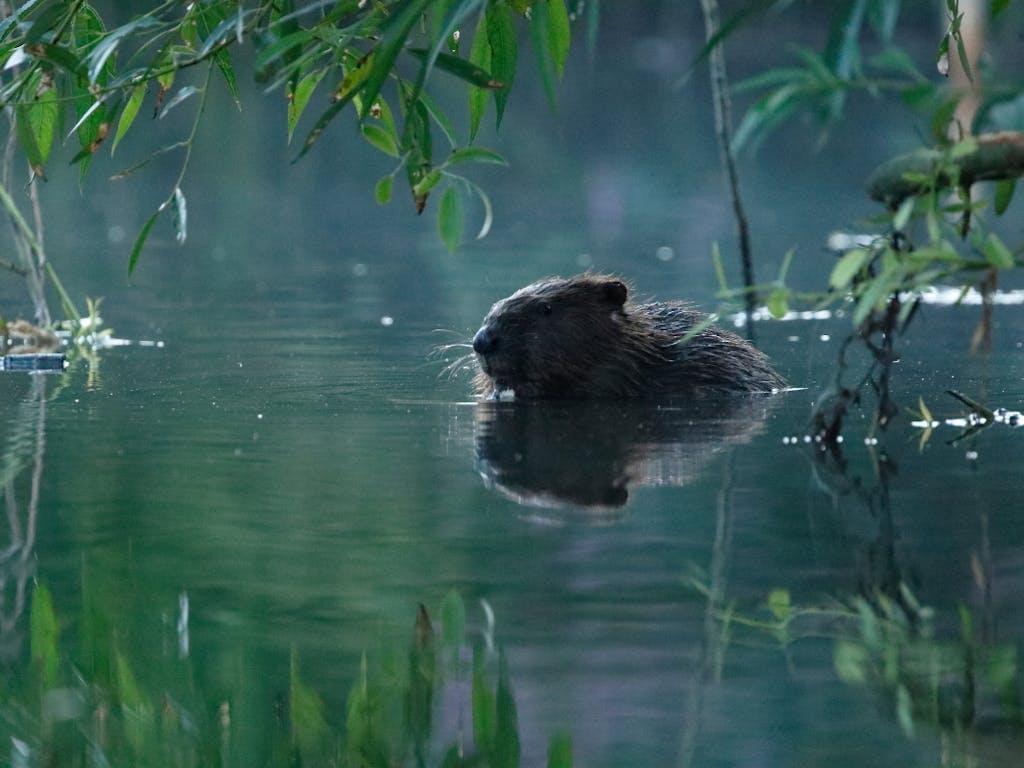

Save water
When freshwater habitats start to die, the wildlife that depends on them dies too. Tragically, 60% of our freshwater and wetland species are already in decline, and 13% are at risk of extinction in the UK, including the Atlantic salmon, European eel and white-clawed crayfish.
We can bring these habitats back to life. Reedbeds are now being restored across the country, helping save UK bitterns from the brink, and we’re rescuing over-modified rivers, such as Swindale Beck in Cumbria, by letting nature take the lead. Once extinct in the UK, beavers are back, building dams and reshaping whole freshwater systems, which helps other species to thrive.
But there’s more work to do. We need to enforce the laws that protect our rivers, to improve the quality of our water and be sure we can adapt to a changing climate. If we all work together, we can bring the blue veins of our wild isles back to life.
Freshwater in numbers
90%
UK lowland ponds lost in the 20th century
13%
UK freshwater and wetland species at risk of extinction
3/4
of our rare chalk streams are in poor condition
See who lives here
Our rivers, lakes and wetlands are home to countless species and crucial to even more.








